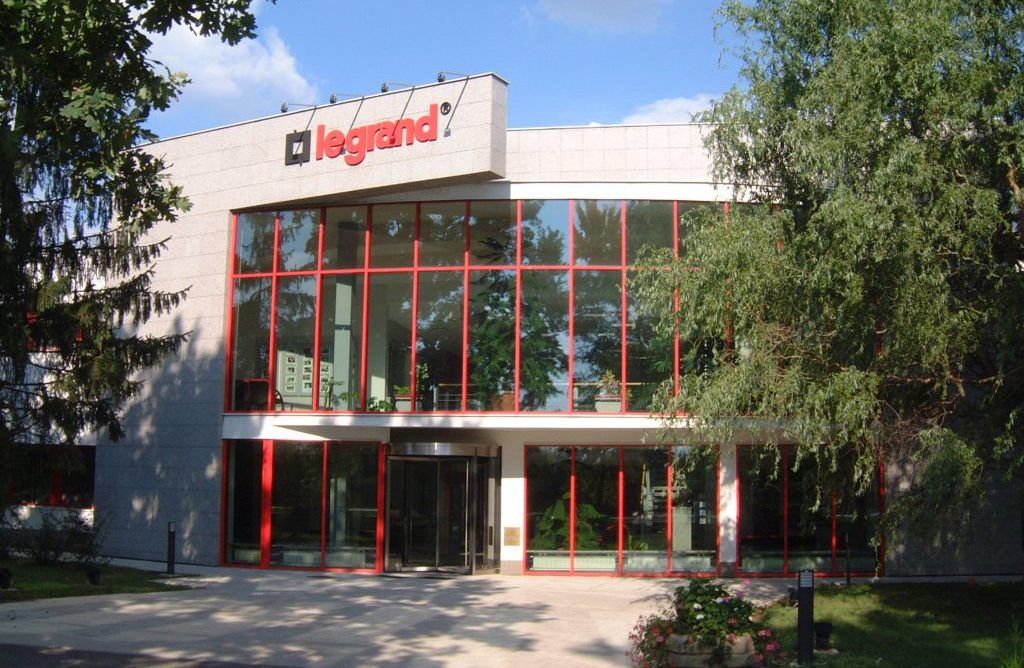Both the role of French companies as the fourth largest foreign investor and the introduction of the French corporate culture greatly contributed to the fact that Hungary is now one of the most competitive countries, explains László Károlyi, Executive Director of Legrand Hungary. According to the expert, all this can provide a good basis for Hungary to gain important positions in the emerging regional globality and in the division of labor that is changing as a result of the COVID-19 epidemic.
– The basis of French corporate culture is long-term thinking and judicious decision-making – analyzes László Károlyi. – It is typical that in addition to the management, employees experts of all relevant fields and, if necessary, external experts are also involved in the decision-making, examining at least 3-4 alternatives. True, the process takes more time this way, however, in return, good decisions can be made with minimal risk, so a good long way return on investment.
This prudent business policy has also contributed to the fact that Legrand Group, one of the world’s leading manufacturers of switches and fittings, has become a global company specialist in electrical and digital building infrastructures, in the more than 100 years since its foundation, a global Its comprehensive offering of solutions for commercial, industrial and residential markets makes it a benchmark for customers worldwide. Concerning Hungarian activity, it can claim that it has had a highly successful privatization, for almost 30 years. The Group brought new technology and expertise to Szentes, to the initially unprofitable operation of Kontavill, and this made it not only profitable after privatization but also allowed it to successfully enter the international market in the field of research & development while maintaining its domestic market leadership.
– An important message of this privatization is that Legrand did not come to Hungary to acquire a market, but to build it, where it did not take dividends out of the country in the first 10 years of its existence, but established a world-class plant in Hungary with an investment of arround HUF 20 billion. Where, by retaining well performing employees, building on the knowledge of Hungarian experts, in addition to product manufacturing and sales, it also raised research and development to a new level. Legrand develeloped the Hungarian offer and sells systems. The product range extends from traditional electrical installation end energy distribution to data centers.
According to László Károlyi, who has been managing Legrand’s Hungarian subsidiary for 16 years, this also plays a major role in the fact that the organization, which reacts flexibly to the current situation, maintained its profitability and was able to grow even during the most difficult period of the COVID-19 epidemic. This also is a serious achievement because, while many had previously expected an economic downturn on a wide range of threats, no one expected or could have expected a devastating health crisis from the new coronavirus epidemic, as so far even the most dangerous epidemics have stalled at regional levels. The peculiarity of the crisis is that it stems not from structural problems but from the changing way of life of the earth’s population over the last quarter of a century. Because of the usage of the infrastructures designed for global trade, worldwide tourism also has become an integral part of our lives, as a result of which a virus-host – who does not even know he or she is one – can infect a lot of people in as little as a day.
– In this new situation, decision-makers influencing the global economy need to rethink what direction to take, because COVID-19 has shown that the worldwide division of labor that is commonplace today is certainly not sustainable in the long run. At the time of the coronavirus epidemic, for example, European car factories restarted in vain as Asian suppliers had not yet started production, making assembly impossible. Therefore, I am convinced that in a few years smaller regions, such as Northern Europe or Central Europe will have a greater role to play, as learning from the current examples of multinational companies and, in addition, smaller local manufacturers will also strive to shorten much of today’s long supply chains. Only this guarantees them the safety of production, the secure receiving of the necessary parts under all circumstances, as a manufacturer and supplier in the same region will suffer any restrictions simultaneously and be freed from them at the same time. Therefore, it is logical that in the long run, to ensure the safety of production, the raw materials and subassemblies that are needed for the products, which account for an estimated 80 percent of their sales revenue, will be sourced from the closest suppliers.

At the same time, according to the company executive, today’s type of globalization will not disappear completely as we live in „digital century”. So some regions of the world specialize particularly in certain industries or production processes, while multinational companies, which are the largest employers, by their very nature appear where it is cheapest for them and where they can expect the greatest state benefits in addition to well-trained professionals.
– Yet, analyzing the lessons of the COVID-19 epidemic, I find regional globalization unavoidable. Even if this means that suppliers have to pay a little more, it will be worth it on the flip side, because of the shorter and faster delivery along with the security of production; all this will also be accepted by the market. In this new situation, I am convinced that Hungarian companies can also have great opportunities provided they combine marketable quality with a competitive price.The key of succes will be how clever we will use the digital transfomation.









